
After surviving colon cancer, I reflect on how the lessons from my journey transformed my life and guide me to embrace its beauty.

After surviving colon cancer, I reflect on how the lessons from my journey transformed my life and guide me to embrace its beauty.
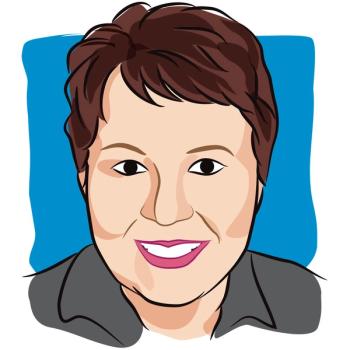
I've learned to embrace the changing nature of my body as I age, accepting the challenges and finding gratitude in each day.

Despite being declared cancer-free after initial treatment, I grapple with survivor's guilt, questioning why my lymphoma responded to therapy while others did not.

As I prepare for treatment of my chronic lymphocytic leukemia, I reflect on the challenges of aging and side effects while staying focused on living fully.

Receiving a diagnosis of colon cancer at age 34 was such a shocking experience, but it has helped me become more strong-willed.

We, survivors, often express our gratitude for life, love, support and research, but what about the patients who do not experience positive outcomes from treatment?

This Christmas, my wish for all of you is that you read this and feel seen, that someone out there knows how very hard this is for you.

Watching "Scrooge" every Christmas made me reflect on my own journey, where my past struggles with illness taught me valuable lessons about forgiveness, love and joy.

A reflective Christmas morning run, following a cancer diagnosis, inspires profound gratitude for life and a renewed commitment to living a meaningful life.

The holiday season is here, so here’s a festive poem to remind us that cancer should not control us during this time.

I’m very grateful for my SLL medication, but I never thought a side effect of the medication would affect my wardrobe for the rest of my life.

During this holiday season, I wanted to take a moment and reflect on how my dog Payton stayed by my side during acute myeloid leukemia.
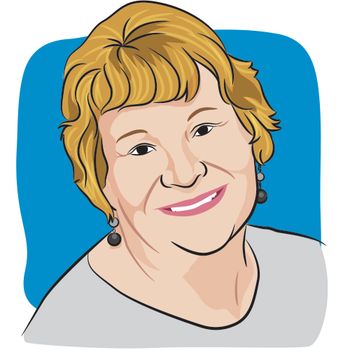
As a survivor of MDS, I’ve learned to make the best of every day and to be thankful for life. Sometimes this means avoiding others who are less grateful.

For many years, I have trained my mind to have more discipline, especially after being diagnosed with testicular cancer in my 20s.

I haven’t been too happy with my blood work with CLL, but I try to enjoy what I can — including apples during fall.

Setbacks happen often in life, but finding gratitude can come at unexpected moments with cancer.
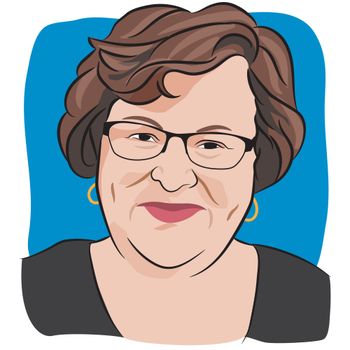
One year, after breast cancer treatment, I decided to have a Christmas photoshoot with my family, which turned out to be a good laugh in the end.

When you’ve had cancer do doctors assume every ailment is cancer for you?

When I started receiving treatment for follicular lymphoma, I wasn’t sure what to expect regarding treatment — and a lot of things were unexpected.
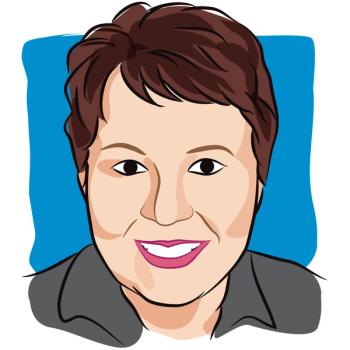
I’ve learned to live in the present by avoiding clocks, a necessary change in my life after having breast cancer.

When my grandmother passed away one Thanksgiving after my colon cancer diagnosis, I realized how grateful I am for her life and my own as a survivor.

Reflecting on my first diagnosis of breast cancer at 36 weeks pregnant has made me feel grateful for the positive moments during that dark time.

This year for Thankgiving, I reflected on how my life has been as a breast cancer veteran and how grateful I am for the support, love and care from my family.
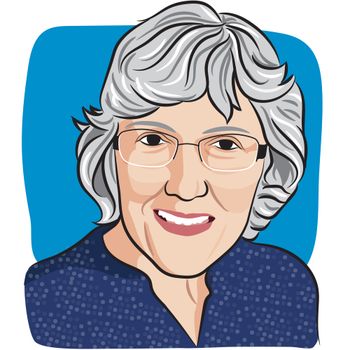
In the cancer world — or anywhere — the ability to give thanks in the midst of trials is an acquired skill. It must be practiced.
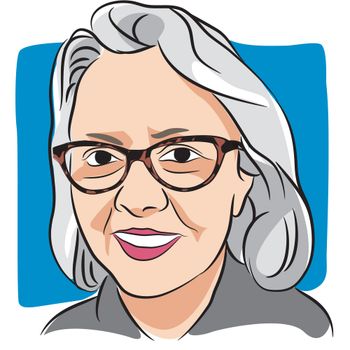
When I felt inclined to spend a holiday alone during breast cancer treatment, I was encouraged to think of ways to make new holidays with my family.

Through cancer and life’s challenges, having and showing gratitude changed everything for me.

Celebrating Thanksgivings after cancer has made me appreciate all aspects of life even more and to truly cherish times of laughter and memories.

When I am triggered by something related to the cancer I have, I start going down a negative rabbit hole but remind myself to be vigilant when this happens.

With Thanksgiving coming soon, I find that November is the perfect time to reflect and gather feelings of gratitude as a cancer survivor.

During the holiday season, overwhelming feelings are OK to have, whether you are a patient with cancer or a caregiver.